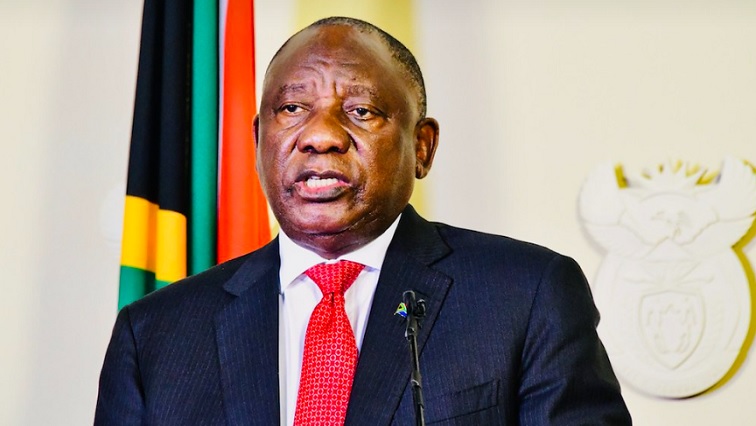Political Analyst, Khaya Sithole says the South African Reserve Bank (SARB) findings into the controversial Phala Phala money laundering scandal leave much to be desired. The yearlong investigation has found President Cyril Ramaphosa not guilty of any wrongdoing.
The Reserve Bank released a statement this morning, saying due to legislative requirements and constraints, the report into the matter is a private, internal report that will not be made available to the public.
Sithole says the statement of the Reserve Bank has left South Africans even more confused.
“The statement itself is surprising in the sense that it fails to appreciate the gravity of the public interest dimension in this matter. What we’ve seen is essentially the Reserve Bank publishing a statement that says ‘Look, we’ve conducted an investigation and we’ve decided that the details of the probe must not be published, but you guys must just find peace and comfort with this conclusion that says that nothing went wrong’. The basis for the conclusion is equally controversial.”
Meanwhile, Democratic Alliance Federal Finance Chairperson, Dion George says he will request that SARB Governor, Lesetja Kganyago provide him with the Phala Phala report.
George says there are many unanswered questions.
“This was not a perfected transaction, which means that the transaction was not completed and therefore, the president was not entitled to the money, but what they didn’t do was actually look at what is the parent fact that there was money held in furniture for an extended period of time that’s outside of the legislative limits. They are silent on that. So, I will be asking who then investigates that when I see the governor in parliament. I will also be asking for the report because clearly, it doesn’t answer much that’s for sure.”
The findings
The Reserve Bank says there was no “perfected” or completed transaction, so it cannot conclude that there was any contravention of the Exchange Control Regulation by President Cyril Ramaphosa.
It notes that the President’s Ntaba Nyoni Estate, which owns the Phala Phala game farm was not legally entitled to the 580-thousand-US dollars it received from Sudanese businessman Haz Mustafa for the 20 buffalo.
However, because the transaction was not perfected – as Mustafa never received the buffalos he purchased – there was no legal obligation on Ramaphosa or Ntaba Nyoni to declare the foreign currency under exchange control regulations.
The bank says it considered 15 affidavits and hundreds of documents while liaising with other authorities toward the conclusion of its investigation.
It emphasised that it was only entitled to investigate potential exchange control violations in respect of the foreign currency allegedly stolen from the Phala Phala farm in 2020.
Therefore, other matters and where they may relate to the breach of any other law will be referred to the relevant authorities.
Last month Acting Public Protector Advocate Kholeka Gcaleka also released a report into the Phala Phala farm saga:

